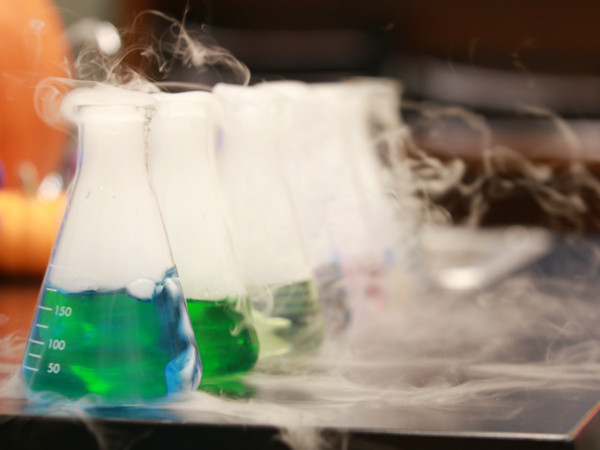Swedish Scientists Say Sex Toys Safer than Kids’ Toys
 STOCKHOLM – A chemical analysis performed by the Swedish Chemicals Agency has found sex toys contain fewer harmful substances than do children’s toys — and not by a narrow margin.
STOCKHOLM – A chemical analysis performed by the Swedish Chemicals Agency has found sex toys contain fewer harmful substances than do children’s toys — and not by a narrow margin.
According to a report the agency released this week, testing revealed 15 percent of children’s toys on the market in Sweden contain known carcinogens and/or other substances that may cause permanent damage to the human body, including lead.
Only 2 percent of sex toys tested contained dangerous chemicals. Of the 44 items examined, only one — a plastic dildo — contained the suspected carcinogen chlorinated paraffin, which is used as a plasticizer and flame retardant. Three items made of leather and faux leather contained phthalates above the allowed 0.1 percent. Higher concentrations of phthalates — which can affect hormonal balance and may cause infertility — are banned from children’s toys in both the U.S. and EU. Although no official standard for use of phthalates in sex toys exists in the U.S., the EU has adopted strict regulations about the family of chemicals.
Frida Ramstrom, an inspector for the agency, said she found the study’s results both surprising and somewhat alarming: surprising in that the adult industry apparently self-regulates better than a government agency might, and alarming because so many children’s toys are chemically unsafe.
Ramstrom said sex toys likely are almost devoid of harmful substances because they’re designed for intimate use. Children’s toys, on the other hand, are not made to be consumed (though some are eaten by curious youngsters) and are manufactured primarily in Asia, where western regulations can be difficult to enforce.










